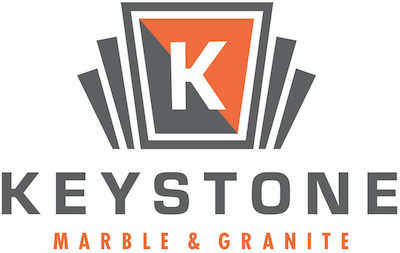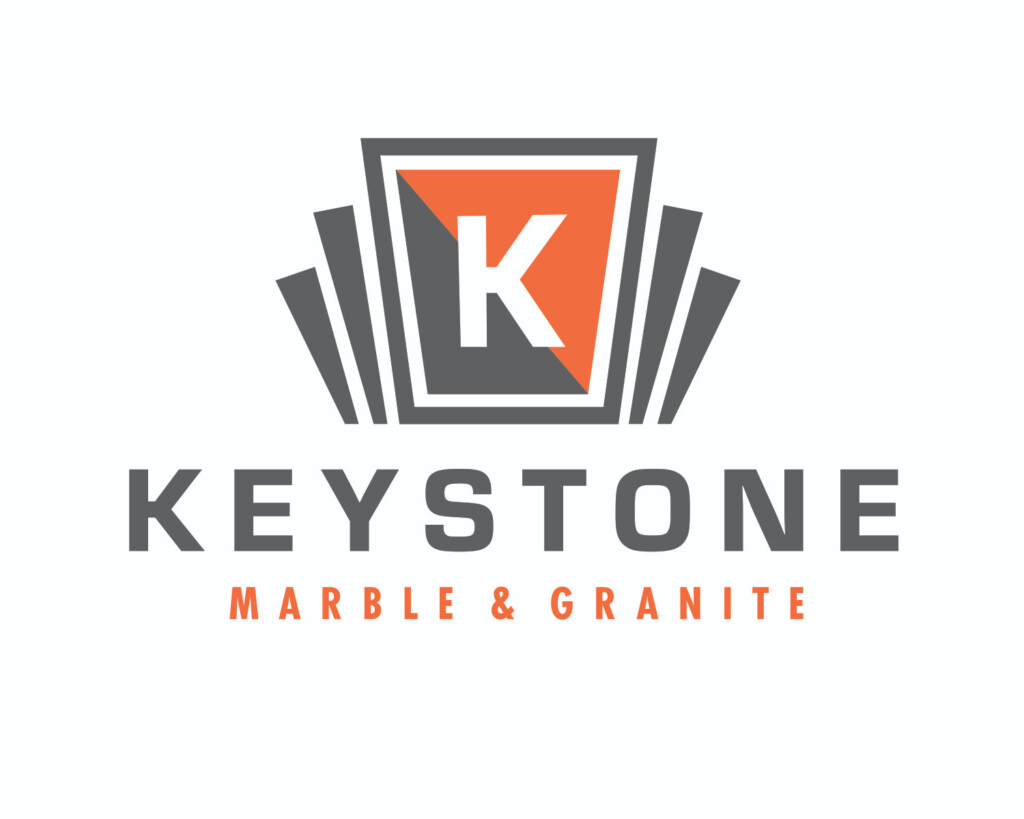Even a small bathroom should have a bathroom vanity, because it is very useful. Aside from adding storage space, of which something most bathrooms have very little, it also keeps plumbing out of sight and provides a workspace for your bathroom gadgets and essentials.
A bathroom vanity also adds to the design of the room. It is the first thing people will notice, and it can add elegance to even the plainest bathroom if you use the right materials. A vanity adds depth and dimension to the bathroom, so if you don’t have one yet, make sure you put one with a stone countertop.
Choosing the stone for your vanity top depends on a few factors, whether you have a prefab or customized vanity. Stone lasts for a very long time, so you should make sure you choose the right one or you will be stuck with something you don’t like for years.
Stone options
There was a time when only the rich were able to afford marble and granite. Thankfully, that is no longer true. You have a choice of many colors and patterns for granite and marble. If natural stone is not your cup of tea, you can choose quartz stone instead, which can look like granite or marble and is always available in even greater varieties.
With so many options available to you, how do you make sure you choose well? Below is a list of important things you should know about stone countertops for your bathroom vanity to make an informed decision.
Marble
Beauty-wise, there is nothing to rival marble for bathroom vanities. Good-quality marble has an attractive patina that warms any room, yet it is very smooth and cool to the touch. It can make even the most mundane and functional rooms such as the bathroom look elegant. For homes in warm climates, marble is definitely a good choice.
Advantages
• Always beautiful
• Ages well, indoors and outdoors
• Durable
• Finishes well, in both high polish and matte
Disadvantages
• More expensive than most countertop materials at an average of $125 per square foot
• Easily scratches and etches
• Must be sealed regularly
• Available in a limited range of colors and quantities
Granite
Granite is the hardworking cousin of marble. It comes in a wide range of beautiful colors and patterns, and it is much more durable than marble because of its composition and formation. Granite is made of quartz and other hard minerals, and it is an igneous rock, so it is heat-, scratch-, and stain-resistant. It is a popular material for the home, but it works particularly well in the bathroom. Some designers prefer granite for contemporary designs, but it looks equally well with traditional and rustic designs.
Advantages
• Wide variation in colors and patterns
• Very tough
• Requires little maintenance
• Does not stain or scratch easily
• Heat-resistant
• Affordable at $45 to $100 per square foot, including installation
Disadvantages
• Light-colored granites need sealing to protect it from stains
• Not always available in the desired color or pattern
Quartz stone
Quartz stone is an engineered stone product consisting mostly of natural quartz and quartz materials with a small amount of resins and pigments. Quartz is also present in granite, which accounts for its durability. However, granite typically contains about 40% quartz, while quartz stone has at least 90%, which makes quartz stone much more durable than granite.
The technology behind the creation of all quartz stone slabs is the Bretonstone method, but some manufacturers may choose to vary the proportion of quartz they use. They can make it look like any kind of stone because it is an engineered stone, but many choose to mimic the look of the most popular types of marble and granite. Each manufacturer may also add certain features to their products that distinguish them from other products.
Advantages
• More durable than granite
• Non-porous; sealers not required
• Does not stain or scratch under normal use
• Maintenance-free
• Readily available as slabs or prefabricated vanity tops
• Wide range of colors and designs
• Comes with a manufacturer’s warranty
Disadvantages
• Prices start at $60 per square foot for a standard slab, more expensive than granite
• Denser than natural stone; requires more support for countertops
• Dark quartz stone fades under direct sunlight over time
• Non-reparable
FAQs
How can stone make a difference in my bathroom?
Stone counters generally look perfect in bathrooms, because most bathrooms use ceramic and tiles. An attractive stone counter completes the picture. If you choose one with a dramatic design, it will certainly be the center of attention. Choosing the type of stone will depend on your preference. If you want unique, choose marble or granite. If you want consistent, choose quartz stone.
Stone counters are also durable. Sure, they tend to be more expensive than ceramic tiles or non-stone alternatives, but because they last a long time, it is worth the investment. This is especially true if the bathroom is subject to heavy use. However, you may not want to choose marble if the bathroom is for careless people such as teenagers. Consider quartz or granite instead, as they are much tougher than any teenager is.
Won’t moisture damage my stone vanity top?
This is an important question, because bathrooms are constantly subject high levels of moisture. Natural stone is porous, so it has a tendency to absorb water. This can lead to stains from standing water, especially f your choose marble. Granite is not as porous as marble, so you might want to consider that instead. Sealers can help keep stains at a minimum, but you do have to keep your counters dry. If you are not so vigilant, you can choose quartz stone instead, which is non-porous.
Can I put cosmetics directly on my vanity top?
Bathroom products such as toothpaste or cologne can etch marble, but not do much damage to granite or quartz stone. If you have a marble vanity, make sure you seal it regularly, and avoid putting any oily or acidic products directly on it. Wipe up any spills immediately no matter what stone you have, just to b on the safe side.
Is stone still a thing?
If you are renovating for your own use, choosing a stone countertop strictly depends on your personal preference. However, if you are remodeling with the intention of selling your home, you should choose a material that potential home buyers will appreciate without spending too much on it. Granite, marble, and quartz stone are consistently popular with home buyers, so you can comfortably choose from one of the three. Cost-wise, though, granite is your best option. You should also consider changing the sink and fixtures while you’re at it. We can give you a good package deal for that.


